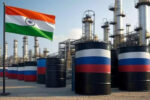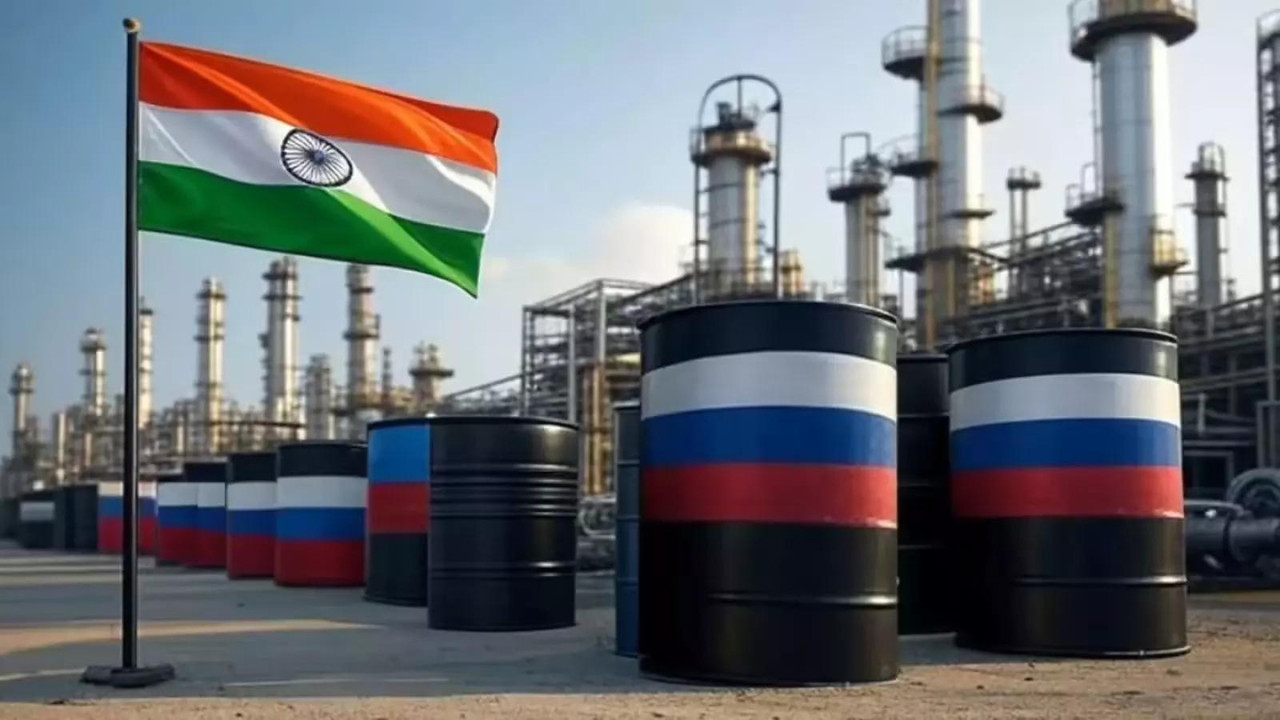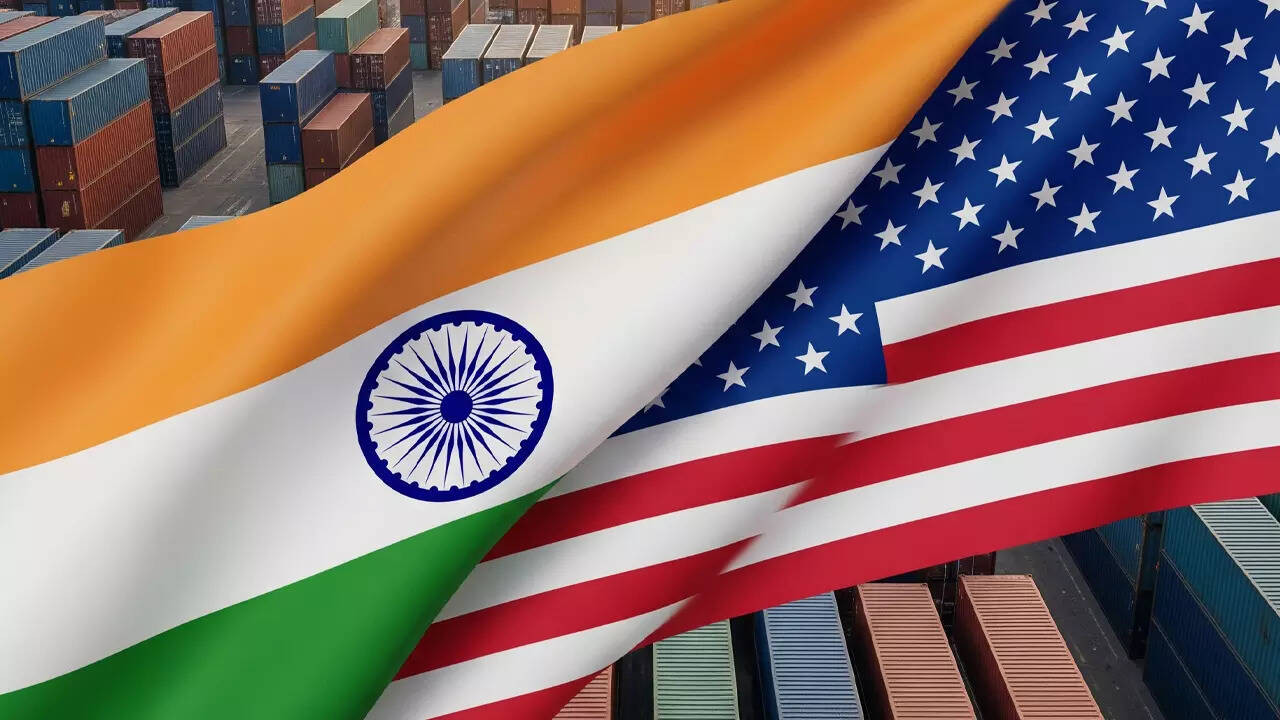A World Bank study reveals Pakistan’s General Sales Tax exacerbates poverty by disproportionately burdening low-income families. Education spending, particularly at primary levels, also contributes to inequality. Conversely, the Benazir Income Support Programme effectively reduces inequality by providing financial aid to the poorest households, highlighting the need for tax reforms and improved social protection.
Pakistan’s GST: A Helping Hand or a Heavy Burden?
Okay, let’s talk about Pakistan and its relationship with, arguably, one of the most impactful financial tools a government can wield: the General Sales Tax (GST). You might know it as VAT in some countries, but essentially, it’s a tax slapped on goods and services. Sounds simple enough, right? But like most things involving economics and national well-being, the story is far more nuanced.
The World Bank recently raised some eyebrows with its assessment of Pakistan’s GST and its potential impact on poverty. Now, you might think, “Tax is good! It funds infrastructure, education, healthcare…” And you’d be right. In theory. But in practice, particularly in economies with existing inequalities, even well-intentioned policies can have… unintended consequences.
The core of the World Bank’s concern revolves around the regressive nature of the GST in the Pakistani context. What does that even mean? Simply put, a regressive tax disproportionately affects low-income households. Think about it: whether you’re rich or poor, you still need to buy food, clothes, and other essentials. A GST applied across the board means a larger percentage of a poor person’s income goes towards these taxes compared to a wealthy person who has a far greater disposable income.
It’s like this: imagine you earn $100 a month, and you need to spend $50 on basic necessities that are subject to GST. That’s a significant chunk of your earnings going straight to the government. Now imagine someone earning $1000 a month. That same $50 in GST is a far smaller proportion of their income. Suddenly, that flat tax doesn’t feel so flat anymore, does it?
Pakistan’s economic landscape already presents significant challenges. High inflation, unemployment, and a large informal sector contribute to widespread poverty. Introducing or increasing GST in such an environment can exacerbate these problems, pushing more people below the poverty line. It’s like adding fuel to an already blazing fire.
Furthermore, the effectiveness of GST in actually generating revenue is also under scrutiny. A poorly implemented or overly complex system can lead to tax evasion and avoidance, diminishing its overall impact. If businesses struggle to comply with the regulations, or see loopholes they can exploit, the government ends up with less revenue than anticipated, defeating the purpose of the tax in the first place.
And here’s another key consideration: the type of goods and services that are subject to GST. If the tax is heavily focused on essential items, like basic food staples, it will inevitably hit the poorest segments of society the hardest. A more equitable approach might involve exempting these necessities while focusing on luxury goods or services consumed primarily by wealthier individuals.
Of course, this isn’t to say that GST is inherently bad. Many countries successfully utilize it as a primary source of revenue. The key is to design and implement the system thoughtfully, taking into account the specific economic and social realities of the nation.
So, what could Pakistan do differently? Well, a multi-pronged approach seems necessary. First, streamlining the GST system to reduce complexity and improve compliance. Making it easier for businesses to understand and pay taxes would likely lead to higher overall revenue.
Second, considering targeted exemptions for essential goods and services to protect low-income households. This would involve carefully analyzing consumption patterns and identifying the items that have the biggest impact on the poor.
Third, strengthening social safety nets to cushion the impact of the GST on vulnerable populations. This could involve expanding existing programs like cash transfer schemes or providing targeted subsidies to low-income families.
Finally, and perhaps most importantly, addressing the underlying structural issues that contribute to poverty in the first place. This includes investing in education and skills development, creating employment opportunities, and promoting inclusive economic growth. A robust economy with a thriving middle class is far better equipped to absorb the impact of taxes than one riddled with inequality.
The debate surrounding Pakistan’s GST is a crucial one. It highlights the complex relationship between taxation, poverty, and economic development. It also forces us to ask important questions about who bears the burden of taxation and how we can create a fairer and more equitable society. There are no easy answers, but open and honest dialogue is the first step towards finding solutions that work for all. The road ahead likely involves carefully balancing revenue generation with the need to protect the most vulnerable members of society. Pakistan’s economic future may well hinge on getting this balance right.
📬 Stay informed — follow us for more insightful updates!







